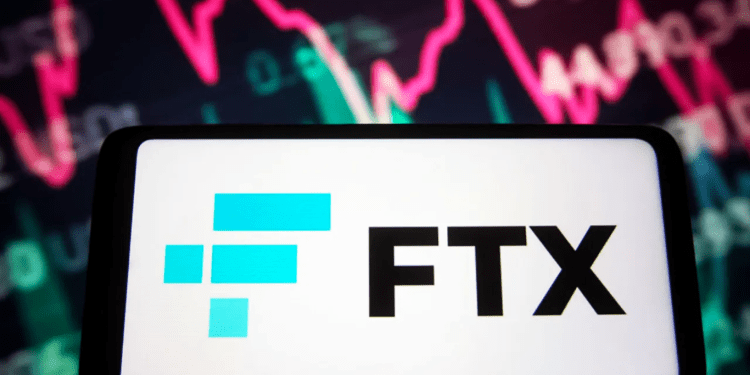The cryptocurrency exchange, F.T.X., faced a massive fall from grace over the last few days. The company’s founder and C.E.O., Sam Bankman-Fried, filed for Chapter 11 bankruptcy protection on November 11, 2022, after several hasty customer withdrawals. This event subjected the company to a free fall from $32 billion to bankruptcy within a few days, affecting C.E.O. Sam Bankman-Fried’s $16 billion net worth and turning it to near-zero.
The collapse shook the crypto market in tremendous waves. The consequences of this company’s raid downfall impacted the crypto world and sent aftershocks well into the scientific community. The C.E.O., Sam Bankman-Fried, was an undergraduate physics major at the Massachusetts Institute of Technology(M.I.T.) when he founded F.T.X. and quickly rose to billionaire status. Upon his rise into wealth, he decided to sponsor various philanthropic organizations that supported an array of science-related causes, most of which were dedicated to improving human well-being.
Given the current situation, with the company officially in bankruptcy and undergoing investigations for mismanagement of investments, all foundations he backed are now stranded financially. Their scientific progressions rapidly ground to a halt.
A Lot Of Scientific Establishments Benefited From FTX, Some Of Them Are Discussed Below;
The world looked to research facilities and scientific bodies during the COVID-19 pandemic. F.T.X.’s C.E.O. and founder, Sam Bankman-Fried, quickly rose to popularity after he became known for supporting some research projects focused on “Humanity’s long-term prospects.”
One such was the F.T.X. foundation and its F.T.X. Future Fund. They had publicly launched in February, and by the end of June, they released a report stating that they had awarded over 262 grants and investments summing up to $132 million. Many of these grants were invested in “Pandemic preparedness,” amongst other scientific pursuits.
Fund disbursement could be more straightforward as it is uncertain how much of that money has been dispensed. However, on November 11, the Future Fund leadership team of five senior officials publicly tendered their resignation.
Another research institute to mention is 1Day Sooner. They are a pandemic preparedness research and advocacy organization that won a $375,000 grant from the F.T.X. Foundation and the Future Fund.
The head of 1 Day Sooner, Josh Morrison, stated it was an absolute mess. 1Day Sooner was known during the pandemic for advocating what was known as human challenge trials. This program intentionally infected volunteers with SARS-CoV-2 to carry out vaccine tests.
Other known science recipients of the Future Fund’s grant money include a Biotechnology firm, Sherlock Biosciences, awarded $2 million to carry out CRISPR- based infectious diseases diagnostics.
Another biotechnology firm awarded grant money is HelixNano, which was given $ 10 million to research a vaccine that would be effective in fighting all different coronaviruses; SecureBio is another firm that was awarded $1.2 million to engineer better pandemic defenses like an early warning system that can screen for pathogen genetic materials in the wastewater.
Kevin Esvelt, a biologist at M.I.T. and co-founder of SecureBio, mentioned that SecureBio has avoided using the grant money it collected from Future Fund, other than payment of three newly hired staff. Esvelt further stated that it isn’t right to lose their job over a financial tragedy unrelated to their direct line of work.
Our World in Data was another research firm awarded $7.5 million to track relevant trends to humanity’s long-term prospects. A couple of other research firms were also awarded grants, and all now face an uncertain future.
Conclusion
Word on the street involves speculations about what will become of the awarded grants made by the F.T.X. foundation and the Future Fund. F.T.X. is currently in billions of dollars worth of debt to its creditors and the
S.E.C., the United States Securities and Exchange Commission, and the United States Department of Justice have launched investigations into the case.
Molly Kovite, a lawyer and member of the Center for Effective Altruism, warned in an online forum post on November 14 that F.T.X.’s creditors might look to organizations that received funding as far back as 90 days before the bankruptcy filing and try to “claw back” their investments.
A philanthropic funder, Open Philanthropy, represented by Kovite, expressed that it was open to applications from grantees affected by the calamity that hit Future Fund and said applications would be screened. Funding would be provided at their discretion.














